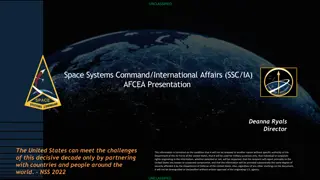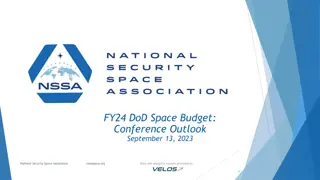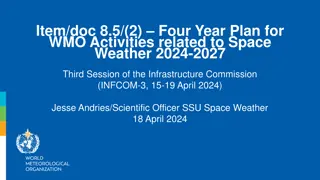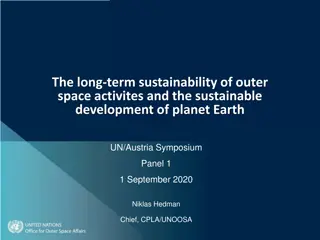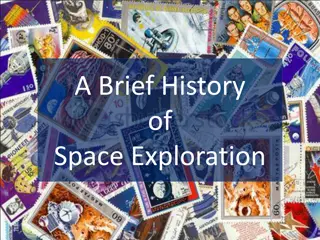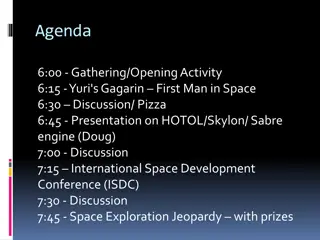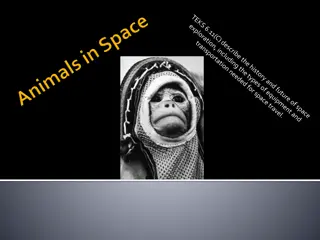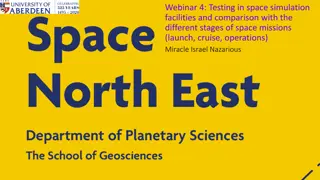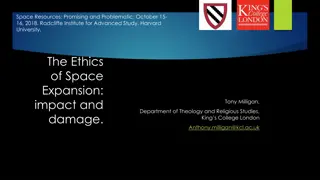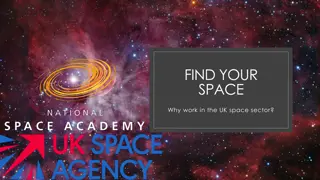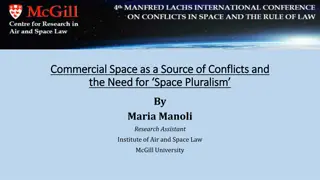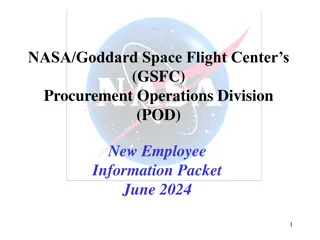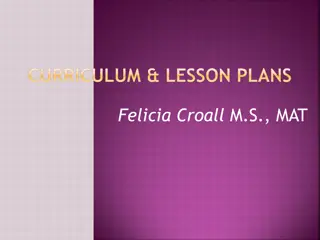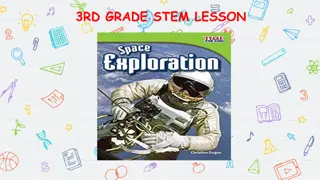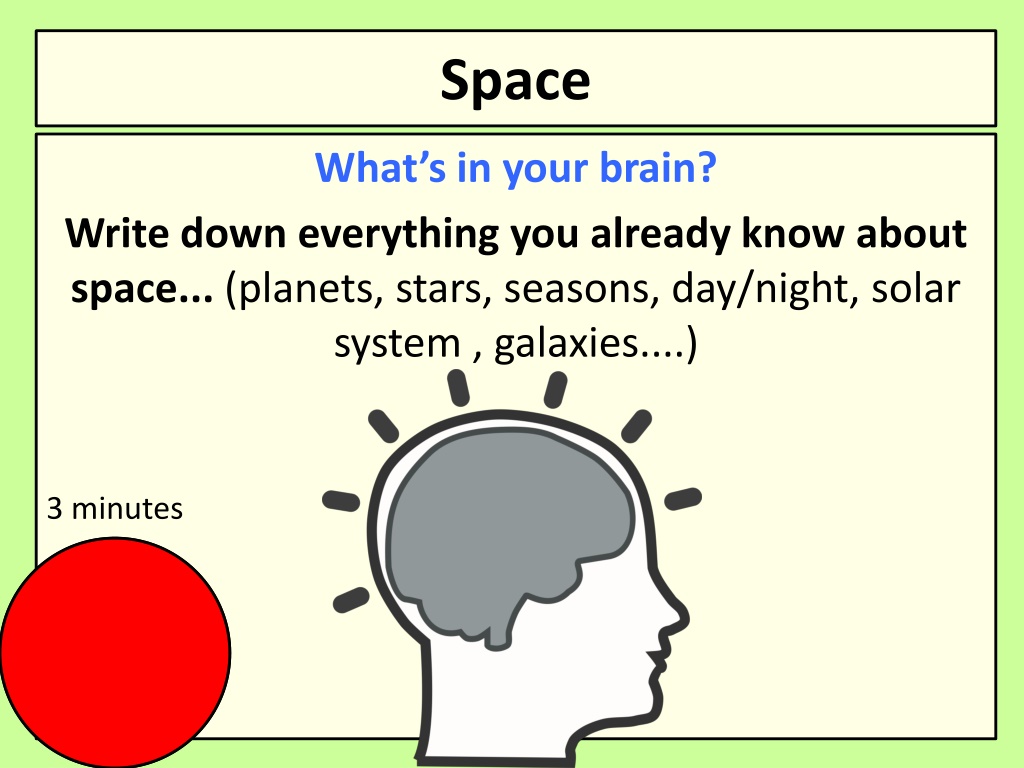
Fascinating Facts About Space and Stars
Explore the wonders of space with details on planets, stars, day/night cycles, the solar system, and more. Learn about the formation of stars, the movements of celestial bodies, and the significance of artificial satellites and the Hubble telescope. Discover the mysteries of the universe in an engaging learning session.
Download Presentation

Please find below an Image/Link to download the presentation.
The content on the website is provided AS IS for your information and personal use only. It may not be sold, licensed, or shared on other websites without obtaining consent from the author. If you encounter any issues during the download, it is possible that the publisher has removed the file from their server.
You are allowed to download the files provided on this website for personal or commercial use, subject to the condition that they are used lawfully. All files are the property of their respective owners.
The content on the website is provided AS IS for your information and personal use only. It may not be sold, licensed, or shared on other websites without obtaining consent from the author.
E N D
Presentation Transcript
Space What s in your brain? Write down everything you already know about space... (planets, stars, seasons, day/night, solar system , galaxies....) 3 minutes
Space Learning goal Space Prior knowledge Names of planets Application Understand why the universe is expanding. Be determined!
Space In your space groups: Fill in the A3 sheet collaboratively. Information is around the room. Video will play on the white board. As it ends can restart. Do not change the page. https://www.youtube.com/watch?v=q4_- R1vnJyw https://www.youtube.com/watch?v=KUU7IyfR 34o
Why do we have day and night? Why do we have seasons? Why does the length of the day change based on the season? How does the moon move relative to the Earth? Why does the sun appear to move across the sky? Why does the moon orbit the Earth? What is a dwarf planet? What is the relationship between speed of planet in ms-1 and distance from the sun in km? List the planets in order from the Sun outwards. What are the phases of the moon? What is an artificial satellite? Why is the Hubble telescope important? How can you remember the order of the planets? What is a star? What happens when a star dies? What will happen in our Sun dies?
Why do we have day and night? Why do we have seasons? Why does the length of the day change based on the season? How does the moon move relative to the Earth? Why does the sun appear to move across the sky? Why does the moon orbit the Earth? Check your answers with the group next to you. What is a dwarf planet? What is the relationship between speed of planet in ms-1 and distance from the sun in km? List the planets in order from the Sun outwards. What are the phases of the moon? Fill in any missing gaps on your sheet. What is an artificial satellite? Why is the Hubble telescope important? 5 minutes How can you remember the order of the planets? What is a star? What happens when a star dies? What will happen in our Sun dies?
Space What s in your brain? Add some new stuff you ve learnt in a different coloured pen! 3 minutes
Stars are made of very hot gas. This gas is mostly hydrogen and helium, which are the two lightest elements. Stars shine by burning hydrogen into helium in their cores, and later in their lives create heavier elements. Every element was made in the dying microseconds of a star. Our sun is an average sized star. Relative to other stars in the Universe, it is actually quite small. Most of the stars we see at night are much bigger than the sun, but are really far away, so they look much smaller.

![Read⚡ebook✔[PDF] Linking the Space Shuttle and Space Stations: Early Docking Te](/thumb/21519/read-ebook-pdf-linking-the-space-shuttle-and-space-stations-early-docking-te.jpg)
![READ⚡[PDF]✔ Emerging Space Powers: The New Space Programs of Asia, the Middle Ea](/thumb/21554/read-pdf-emerging-space-powers-the-new-space-programs-of-asia-the-middle-ea.jpg)


